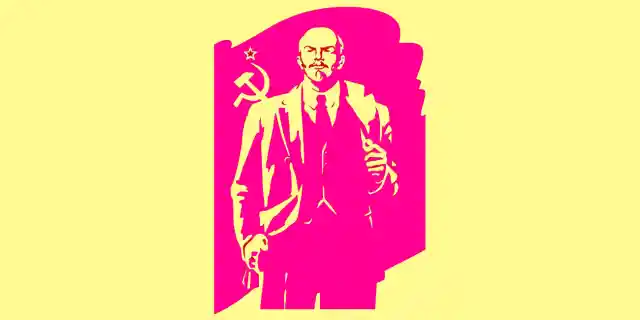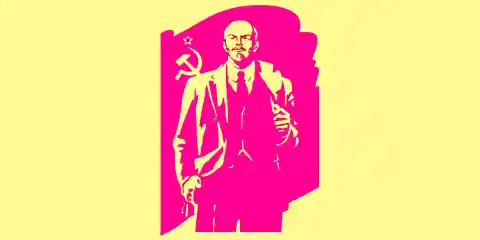

Vladimir Lenin is not always looked upon favorably by history. Especially in the United States, where Lenin is heavily identified with the genocidal Stalin. But there’s more to Vladimir Lenin than his unsavory associations, and this list will demonstrate that. Here’s part one of the 15 item list.
Number Fifteen: He Was Inspired by His Brother. It seems revolutionary fervor must have run in the family. His older brother, Alexander Ulyanov, was a Marxist revolutionary as well.
Number Fourteen: His Brother Was Hanged. That same brother joined a self-identifying terrorist organization, and in 1887, Alexander was arrested for plotting to bomb the leader of Russia at the time. He had the opportunity to beg for his life – as some of his comrades did – but he chose not to and got the rope for it.
Number Thirteen: He Was Expelled from College. If you guessed that he was kicked out for his revolutionary tendencies, you’d be correct. Lenin was kicked out of Kazan University for his involvement in a protest. He later graduated from St. Petersburg University.
Number Twelve: He Gave Himself His Name. Vladimir Lenin was actually born Vladimir Ilyich Ulyanov. He changed his name initially to Petrov, eventually deciding on the now recognized Lenin. Many Russian revolutionaries did the same since they wanted to avoid being tracked and caught by authorities.
Number Eleven: He Was Exiled to Siberia. This was fairly common practice in Russia at the time. Many prominent thinkers, including Fyodor Dostoyevsky, suffered the same punishment. Lenin was exiled simply for writing Marxist literature.
Number Ten: He Initially Hoped Russia Could Work as a Democracy. He hoped an elected Marxist government would replace the archaic regal system of the past. But when the Bolsheviks – his revolutionary Marxist party – didn’t win enough votes, he quickly took authoritarian control of the country.
Number Nine: He Wanted Russia to Lose WWI. Much like the Irish revolutionaries who were rebelling against their British oppressors at the time, Lenin and other Russian revolutionaries hoped that their monarchic leaders would lose the war. The hope was that is the czarist regime lost the war, it would be so defeated and low in supplies that the revolutionaries could overpower them. Read on in part two (coming soon) for more information on Vladimir Lenin.